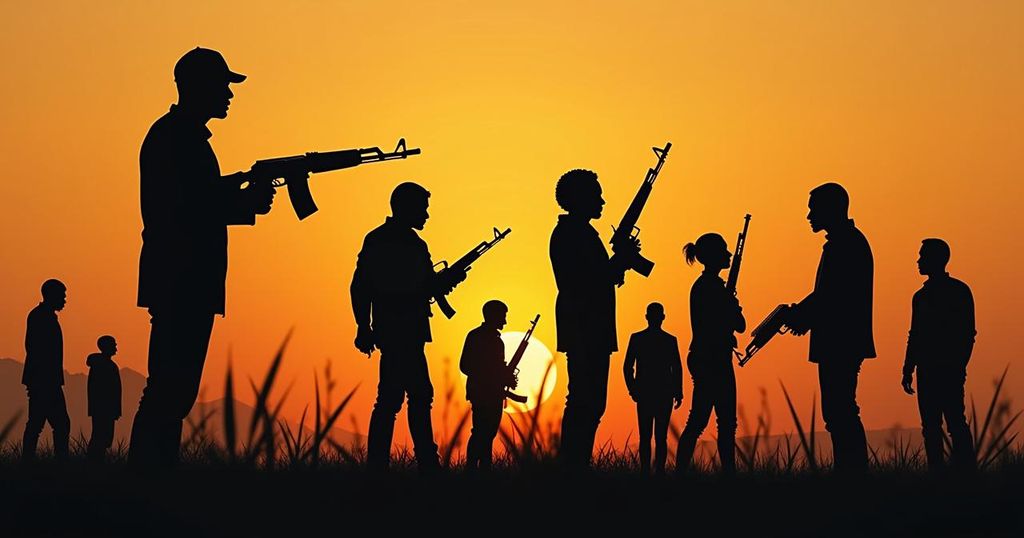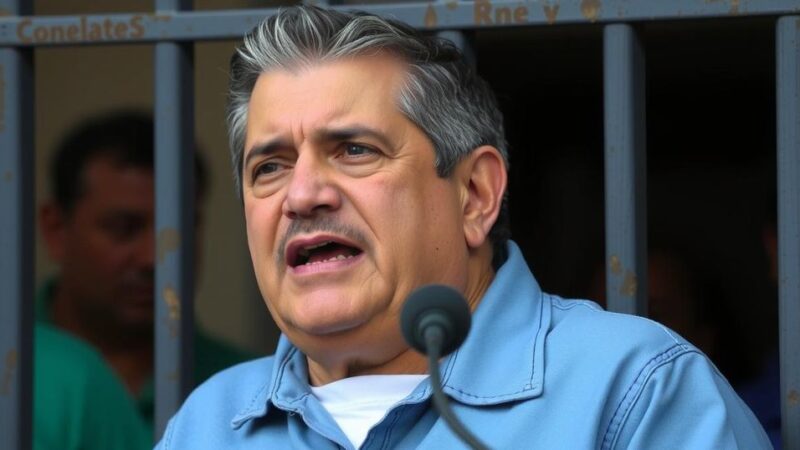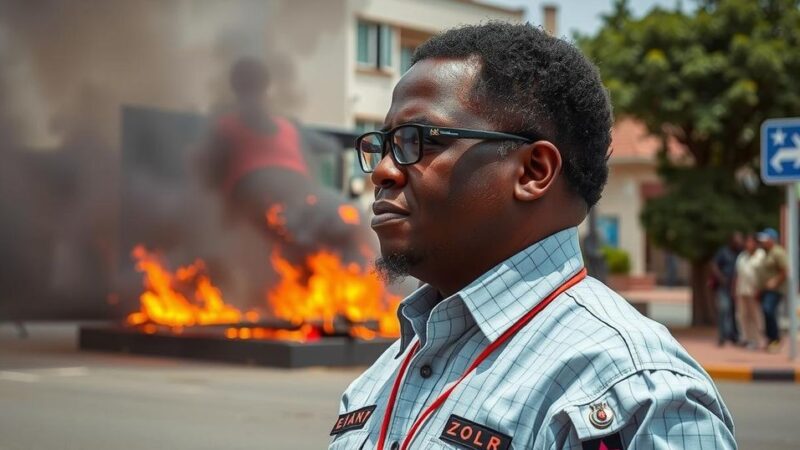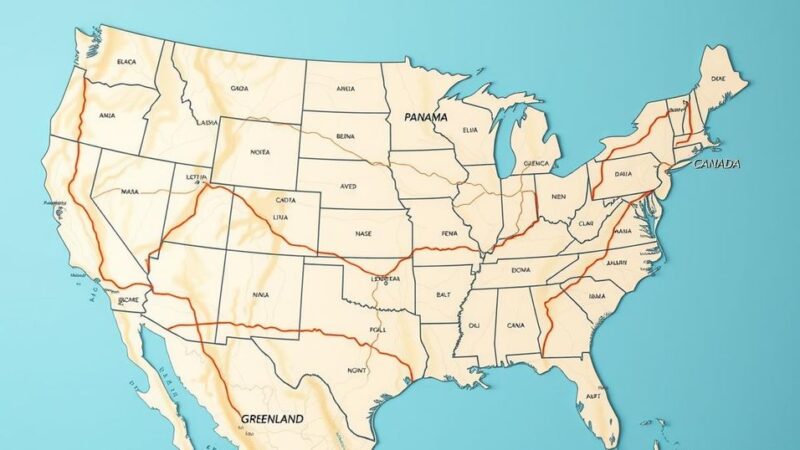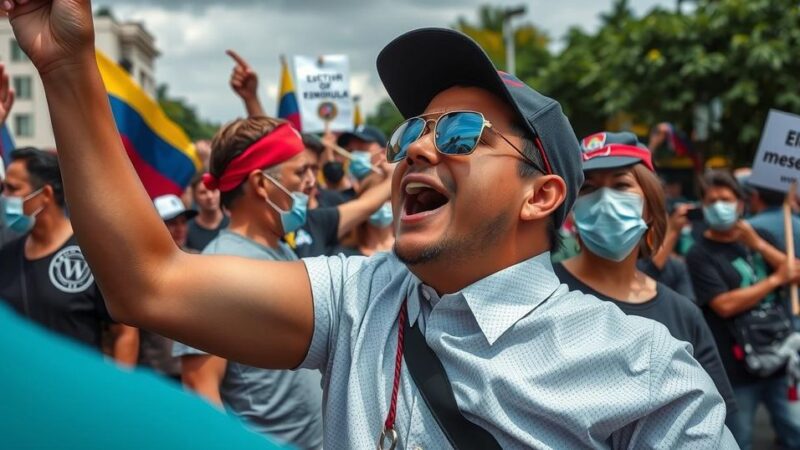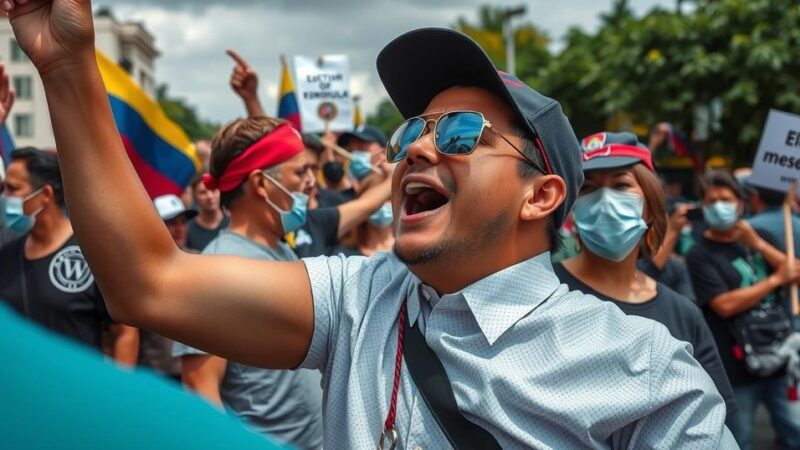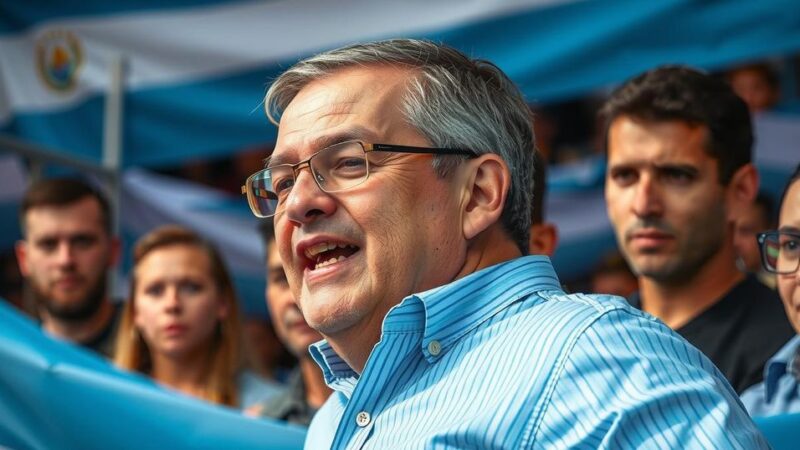Mozambique’s upcoming elections may lead to the election of a president born after independence. Voters are disillusioned with the current regime, influenced by corruption scandals and insecurity. Four candidates are competing for the presidency, each representing differing visions for the future. Key issues include armed conflict in Cabo Delgado, unemployment, and economic development. Results will be announced after the polls close, amidst allegations of electoral fraud. The elections could signify a crucial moment in the nation’s political landscape, particularly for the youth seeking change.
Mozambique is poised to witness a significant political shift as citizens prepare to cast their votes in elections that may see the rise of a president born after the nation’s independence in 1975. With a population of approximately 32 million, out of which 17 million are eligible voters, Mozambicans will participate in parliamentary and provincial elections across all 11 provinces. These elections will take place against a backdrop of growing discontent among the youth and escalating insecurity resulting from armed conflict and natural disasters. President Filipe Nyusi, who has led the Mozambique Liberation Front (Frelimo) for eight years, will not seek re-election, marking potentially the end of Frelimo’s longstanding dominance that began with the country’s independence. His tenure has been marred by the notorious “tuna bond” scandal, which involved high-level corruption and has left a significant impact on the public’s trust in the establishment. More and more young citizens are calling for a change, seeking opportunities for employment and enhanced safety amidst a backdrop of poverty and ongoing armed conflict, particularly in the Cabo Delgado region. The election features four candidates: the Frelimo party’s Daniel Chapo, Ossufo Momade from the opposition Mozambican National Resistance (Renamo), independent candidate Venancio Mondlane, and Lutero Simango of the Democratic Movement of Mozambique (MDM). Chapo, perceived as a potential beneficiary of Frelimo’s established authority, aims to distance himself from the party’s corruption-laden past while promising peace in conflict-stricken areas. Meanwhile, Momade, connected to Mozambique’s historical political landscape, previously led Renamo and signed crucial peace accords, but has struggled to expand his electoral appeal. Mondlane, with strong support from the youth, has distanced himself from Renamo’s leadership, positioning himself as a beacon for change, while Simango is focused on economic development through local resource processing to create job opportunities. As citizens head to the polls, they consider key issues, including the ongoing armed conflict in Cabo Delgado, severe unemployment rates, rampant corruption, and increasing climate-related hardships affecting food security. Campaigns have centered on addressing these pressing matters as many voters desire tangible solutions for peace, job creation, and climate resilience. Vote counting will commence following the polls, with official results expected within 15 days, allowing for potential objections from competing parties.
The political context in Mozambique is characterized by a significant historical evolution since independence in 1975. The ruling party, Frelimo, was formed from former liberation fighters and maintained a strong grip on power for decades. However, a wave of corruption scandals, particularly the tuna bond case, has severely affected public perception of the government. Additionally, the country grapples with internal challenges such as poverty, high unemployment, and intensified armed conflict in the northern Cabo Delgado province. With a young population seeking change, the upcoming elections are viewed as a potential turning point in Mozambican politics that might reflect a generational shift within leadership.
In conclusion, the impending Mozambican elections present a historic opportunity for change as the nation approaches a potential transition away from its long-standing leadership paradigm. The candidates, each with distinct backgrounds and pledges, represent the diverse aspirations of the electorate. Amidst challenges borne of corruption, armed conflict, and economic hardships, voters are poised to make crucial decisions that will shape the future path of their country. As results are forthcoming, the world will watch to see whether Mozambique will take a step toward rejuvenated leadership that responds to the needs and desires of its people.
Original Source: www.aljazeera.com

